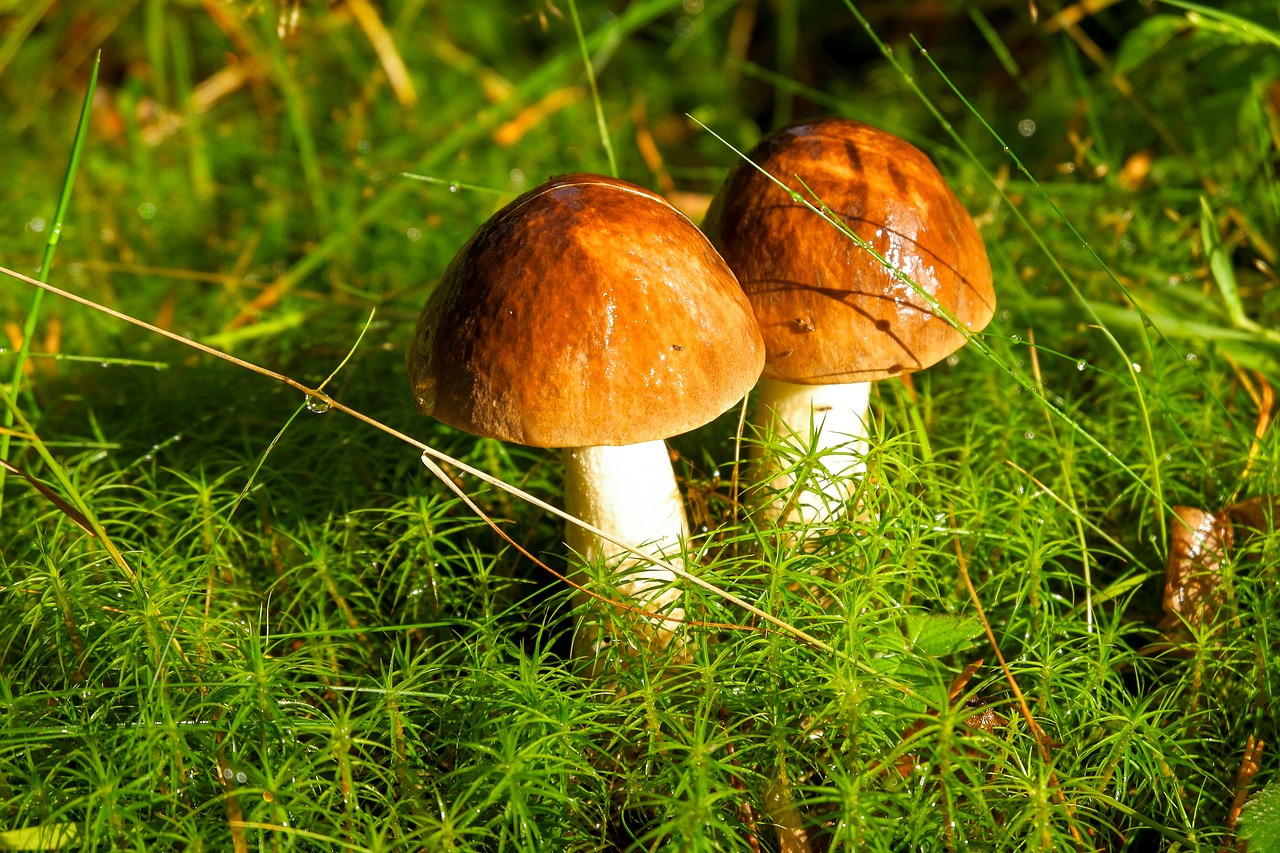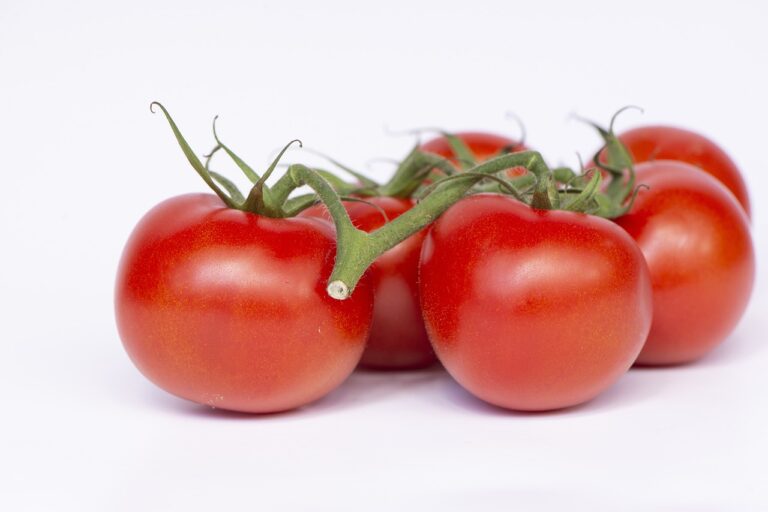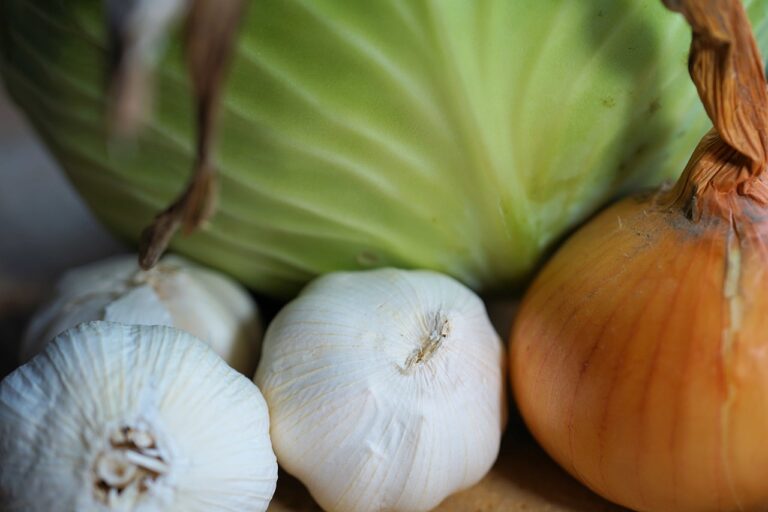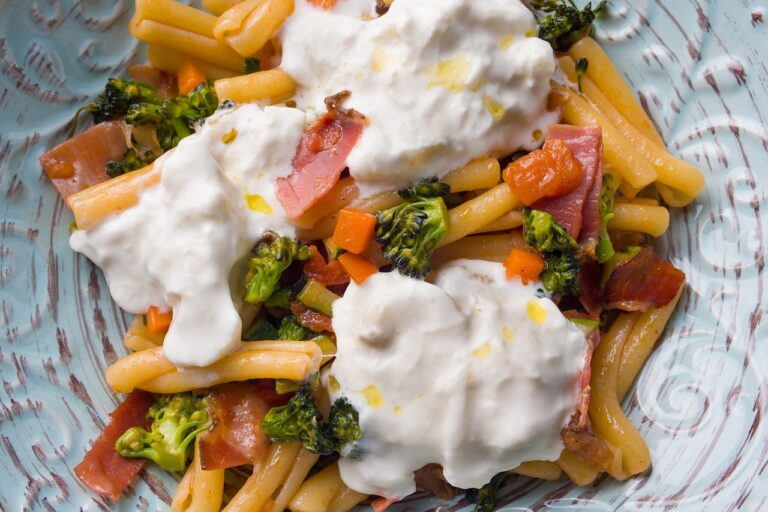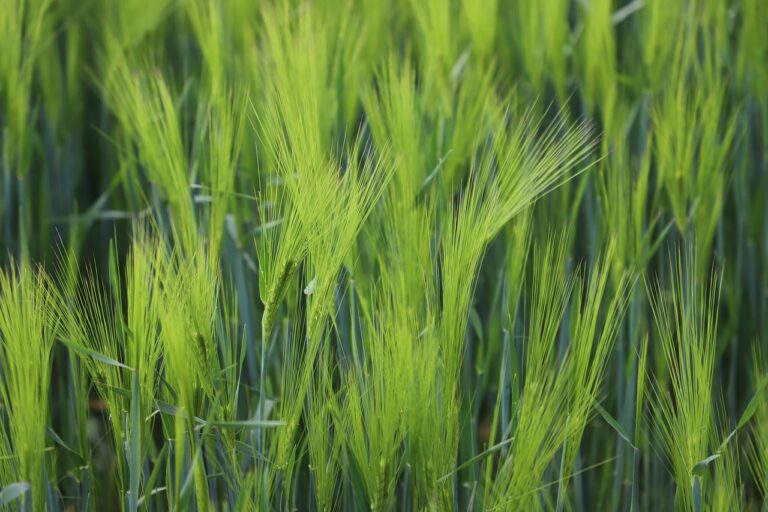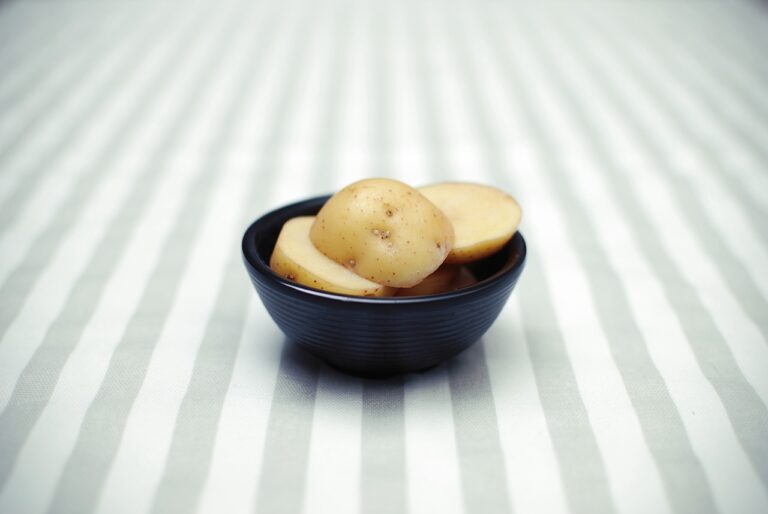The Cultural Significance of Food in Holiday Traditions and Festivities
Food plays a central role in every culture, and holidays and festivities are no exception. Across the globe, food is used to celebrate, commemorate, and bring people together during special occasions. In this article, we will explore the cultural significance of food in holiday traditions and festivities, delving into the unique ways different cultures use food to express their traditions and values.
The Role of Food in Celebrations
From Thanksgiving feasts in the United States to Lunar New Year banquets in China, food is an essential component of holiday celebrations around the world. In many cultures, specific dishes are prepared during holidays to symbolize abundance, prosperity, and good fortune. For example, in Italy, families traditionally enjoy a meal of fish and lentils on New Year’s Eve to bring luck and wealth in the coming year.
Traditional Holiday Foods
Each culture has its own set of traditional holiday foods that hold special significance and meaning. In Mexico, tamales are a staple during Christmas festivities, while in Japan, osechi ryori (traditional New Year’s dishes) are meticulously prepared and arranged in special bento boxes. These foods often have deep-rooted historical and cultural significance, passed down through generations to preserve traditions and values.
Symbolism in Food
Food is not just sustenance during holidays; it is also a symbolic representation of cultural values and beliefs. In many cultures, certain foods are believed to bring luck, prosperity, and health. For example, in Greece, the cutting of the vasilopita (New Year’s cake) is a tradition that symbolizes the importance of family unity and good fortune in the coming year.
Community and Connection
Food has a unique ability to bring people together and foster a sense of community and connection. During holidays and festivities, families and friends gather around the dining table to share meals, stories, and laughter. In many cultures, the act of preparing and sharing food is seen as a way to show love, gratitude, and hospitality towards others.
Adapting Traditions
As cultures evolve and change over time, so do holiday food traditions. With globalization and increased cultural exchange, traditional holiday foods are being adapted and transformed to reflect modern tastes and preferences. In some cases, fusion cuisine emerges, blending different culinary traditions to create unique and innovative dishes that still carry the essence of their cultural roots.
Preserving Heritage
Despite the changes brought about by modernization, many cultures remain steadfast in preserving their culinary heritage during holidays and festivities. Traditional recipes are passed down from one generation to the next, ensuring that the flavors and aromas of the past continue to be cherished and celebrated. Through food, cultural identity and heritage are preserved and shared with future generations.
Conclusion
Food is more than just nourishment; it is a powerful symbol of cultural identity, values, and traditions. As we gather around the table during holidays and festivities, we are not just consuming food; we are sharing stories, memories, and experiences that connect us to our past and shape our future. By understanding the cultural significance of food in holiday traditions, we can appreciate the richness and diversity of human heritage that is reflected in every dish we savor.
FAQs
Q: Why is food important in holiday traditions?
A: Food plays a central role in holiday traditions as it symbolizes cultural values, beliefs, and heritage. Through specific dishes and culinary practices, people express their identity and connection to their cultural roots.
Q: How do different cultures use food in holiday celebrations?
A: Different cultures use food in holiday celebrations to bring people together, commemorate special occasions, and express gratitude. Traditional holiday foods often carry deep symbolism and meaning passed down through generations.
Q: How can individuals honor cultural food traditions during holidays?
A: Individuals can honor cultural food traditions during holidays by learning about the significance of traditional dishes, preparing them with authentic ingredients and techniques, and sharing them with family and friends to preserve heritage and foster connections.

